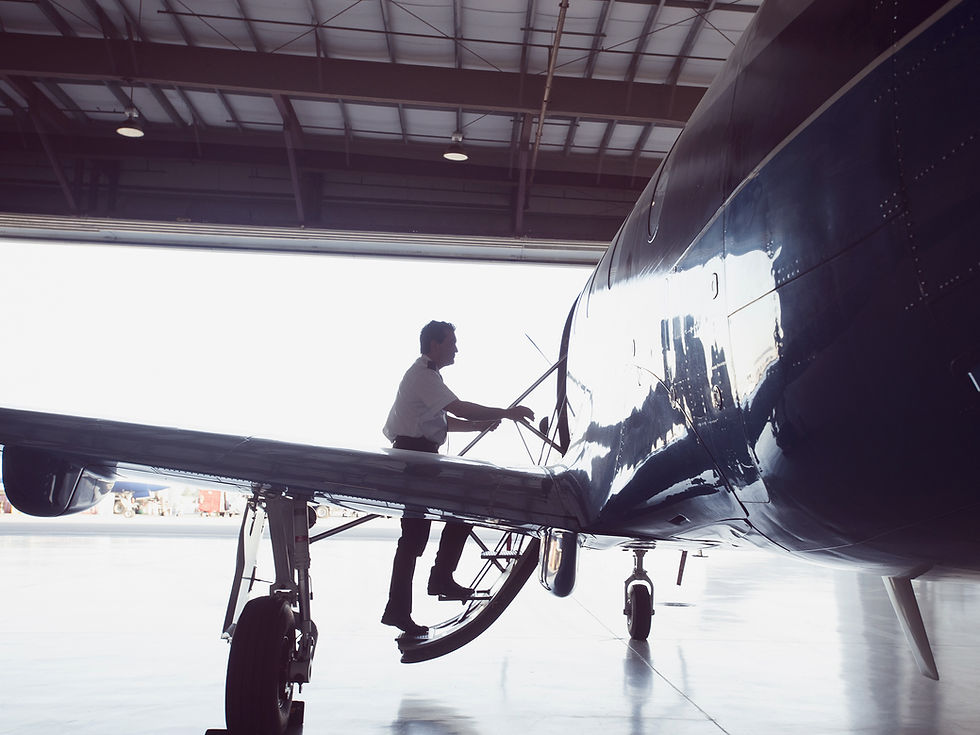The Importance of Safety in Aviation When it comes to aviation, safety should always be the top priority. Whether you are a pilot, a passenger, or an aviation enthusiast, understanding and prioritizing safety is crucial. At Stikes Aviation, we believe in the importance of safety in all aspects of our aviation services. In this blog post, we will discuss why safety is paramount in aviation and provide some tips and thoughts on how to ensure a safe flying experience. First and foremost, safety is essential to protect the lives of those involved in aviation. From pilots and cabin crew to passengers and ground staff, everyone's well-being should be safeguarded. By adhering to strict safety protocols, conducting regular maintenance checks, and investing in modern aircraft, we can minimize the risk of accidents and ensure a safe journey for all. Safety is also crucial for maintaining the reputation and trust of the aviation industry. Passengers choose airlines and aviation service providers based on their safety records and reputation. By prioritizing safety, we not only protect lives but also build trust with our customers. At Stikes Aviation, we understand that our customers rely on us to provide a safe and secure flying experience, and we take this responsibility seriously. Here are some tips and thoughts on how to ensure safety in aviation: 1. Regular Maintenance: Regular maintenance checks are essential to identify and address any potential issues with the aircraft. This includes routine inspections, engine checks, and equipment maintenance. By following a strict maintenance schedule, we can prevent mechanical failures and ensure the aircraft is in optimal condition. 2. Training and Education: Pilots, cabin crew, and ground staff should undergo regular training and education to stay updated on the latest safety procedures and protocols. This includes emergency response training, first aid training, and staying informed about any regulatory changes in the industry. 3. Communication and Collaboration: Effective communication and collaboration between all stakeholders in aviation are vital for ensuring safety. Pilots should communicate with air traffic controllers, cabin crew should communicate with passengers, and ground staff should coordinate with the flight crew. By maintaining clear and open lines of communication, we can address any potential safety concerns promptly. 4. Weather Monitoring: Weather conditions can significantly impact flight safety. Pilots should closely monitor weather forecasts and make informed decisions based on the conditions. If there are any concerns about weather conditions, it is better to delay or divert the flight to ensure the safety of everyone on board. 5. Continuous Improvement: Safety in aviation is an ongoing process. It is essential to continuously review and improve safety procedures and protocols. This includes analyzing incident reports, conducting safety audits, and implementing any necessary changes to prevent future accidents. In conclusion, safety is of utmost importance in aviation. At Stikes Aviation, we prioritize safety in all aspects of our aviation services. By following strict safety protocols, conducting regular maintenance checks, and investing in modern aircraft, we ensure a safe and secure flying experience for our customers. Remember, safety is a collective responsibility, and by working together, we can make aviation even safer for everyone involved.


Comments